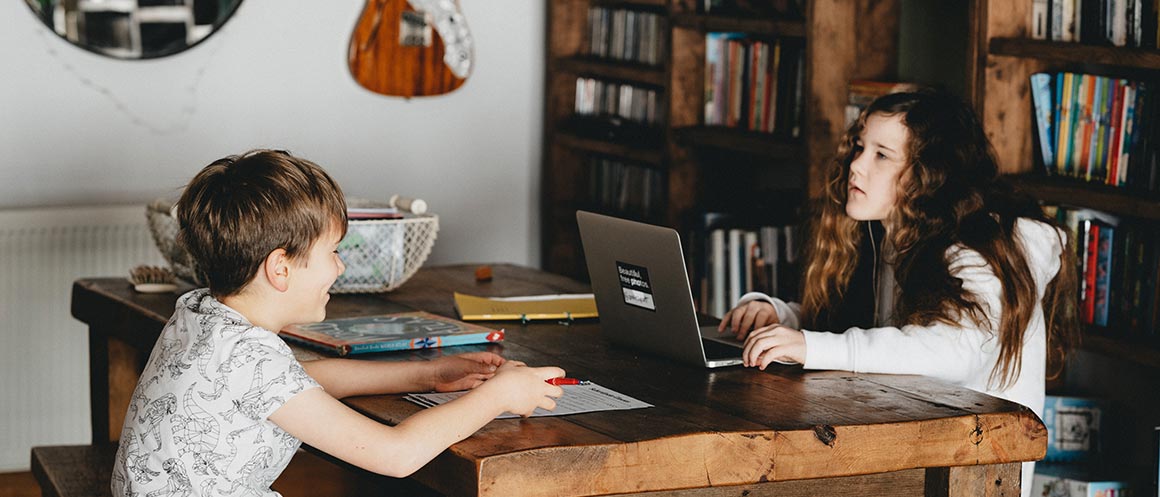There are many reasons why teaching children at home can be preferable to sending them to school. Whether you’re in a remote location or have the time and inclination. For some parents, this might mean having to answer some of awkward questions kids ask.
If you are taking on the role of a teacher, as well as parent, caretaker and provider, and all-round hero of the house – it’s helpful to have a guide on what will help. Home schooling can be difficult to navigate without any experience.
Here are our tips to get the most out of home schooling:
-
Break up the day
Studies have shown that taking regular breaks from classwork can improve concentration. We recommend making lessons short, so they last around forty to fifty minutes with ten-minute breaks in-between. These regular breaks will help both you and your children refresh and reset, ready to take on the next challenge. There is only so long you can concentrate properly in one go. If you can, try to use the breaks to get outside or do something active. This way your family won’t feel trapped in the house all day, or miss out on any sunny spells.
-
Set the scene
If you have enough room, keep your home-schooling space separate to where you relax as a family. Trying to unwind in the same place you’ve been working together all day is likely to make both activities less successful. If you don’t have two separate rooms for this at home, make sure at the end of each school day you pack away together and leave the space clear for the rest of your evening. You could also go for a short walk to mark the end of your school day and re-enter the space with a fresh mindset.
-
Use what you have
It’s important to remember that your home was not prepared to become a school before the pandemic. Don’t get stressed out if you don’t have the right calculators, PE equipment, or art supplies – instead, have a think about alternatives you might have easy access to. Swap paint brushes for potato stamps, use the calculator on your phone and learn a YouTube dance like this one instead of trying to teach netball.
-
Don’t force it
Your children’s education is important – but so is their, and your, wellbeing. While getting through a complete day of teaching without hiccups might seem like the only way to help your children stay on track at the moment, remember they, like everybody else, are under a lot of stress right now, and might just need a break. The beauty of home schooling is that it’s more flexible than traditional schooling, which means if one day you’re struggling to get anything done, you can take a break for the day and try again tomorrow.
-
Creative subjects are important
When you’re trying to tackle a big project, it can help to break it down into small chunks and prioritise the essential steps. In this circumstance, that may mean prioritising the essential subjects like English, Maths and Science, and getting to the more creative subjects once you’re more settled into the swing of things.
While this is a great way to drip feed this new normal into your routine, it’s important you don’t abandon other subjects completely. Subjects like Textiles, Drama, Food Tech and History are just as important for your children’s education, and they may help to form their career paths. They’re also often fun, so can keep up morale and enthusiasm in the home-classroom.
-
Collaborate with other parents (and resources)
If you’re struggling with one subject that you know another parent is really great at, reach out to them! See if they’d be willing to help your kids via Zoom or in person, and even better if you can offer the same in return for another subject. It takes a village to raise and educate children – so collaborate where you can. Also there are a ton of resources available online to help support you as the role of a teacher and your child as a learner. Use them as a helping hand too.
-
Be kind to yourself
If you’re not a qualified teacher, you might be feeling pressure to get it perfect otherwise you’re letting your children down. As long as you can practise patience with yourself, and your kids and meet subjects and all parts of life with curiosity you’ll be in much better stead.
Do you currently home schooling your children? Tell us your experience and share your top tips below.









